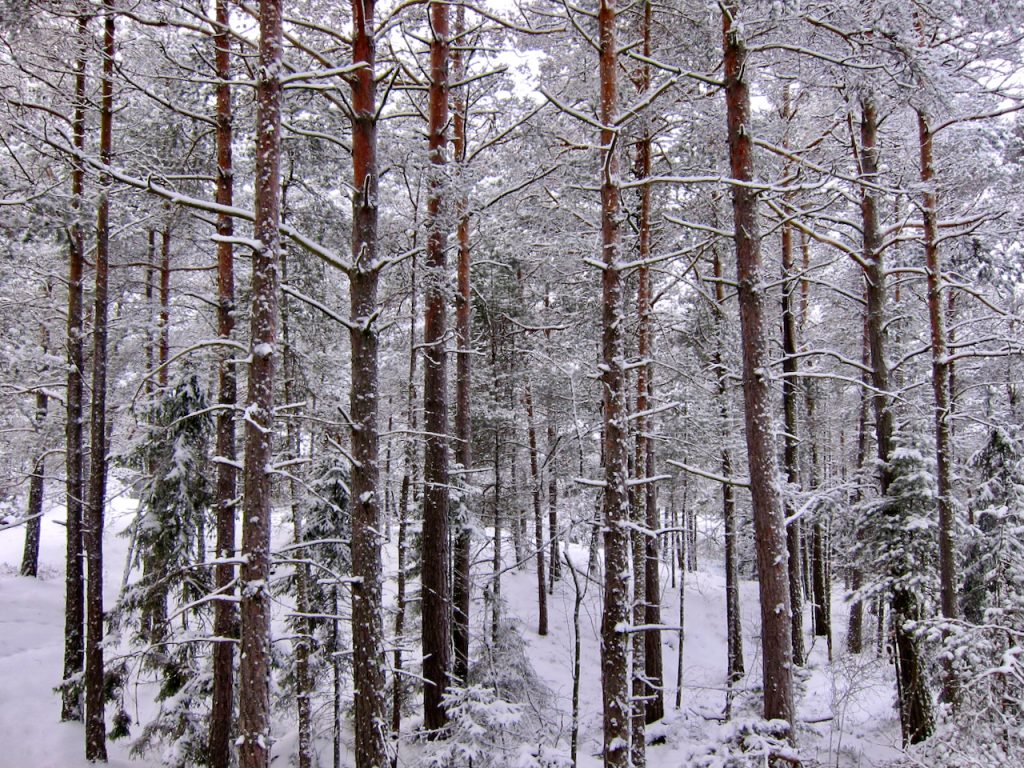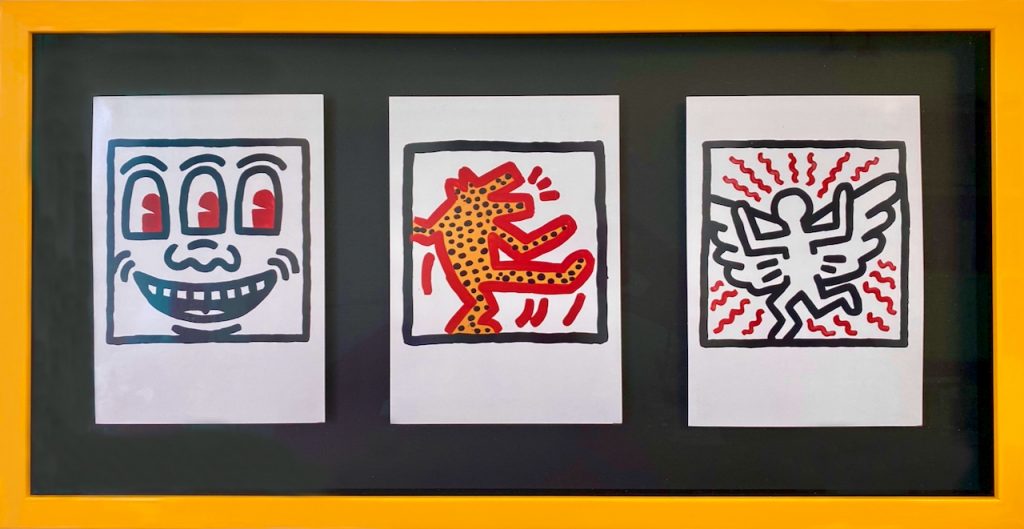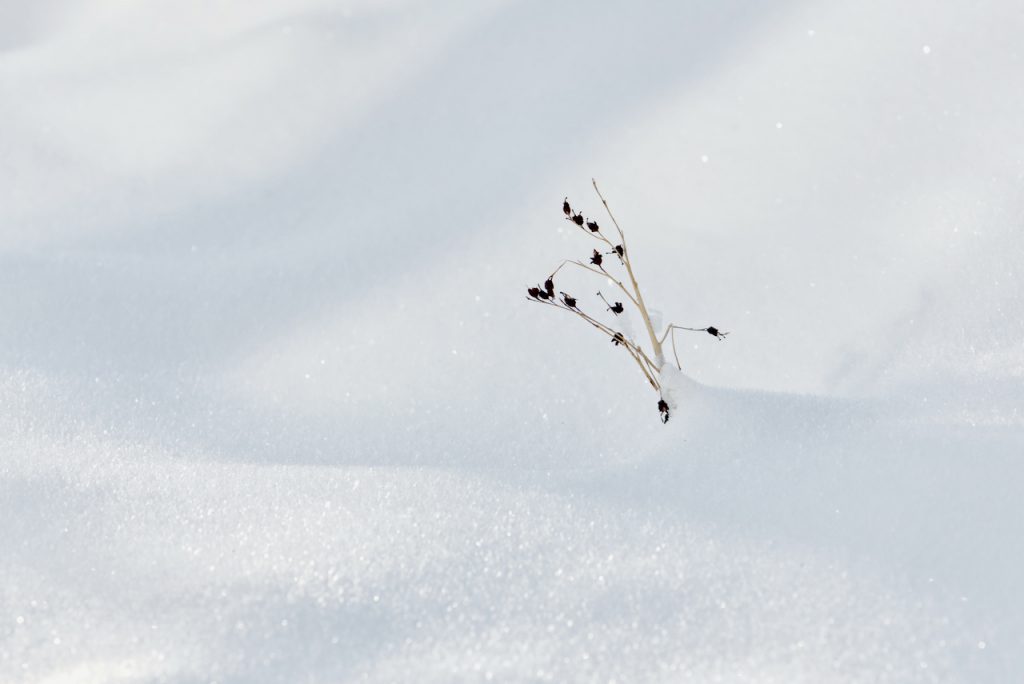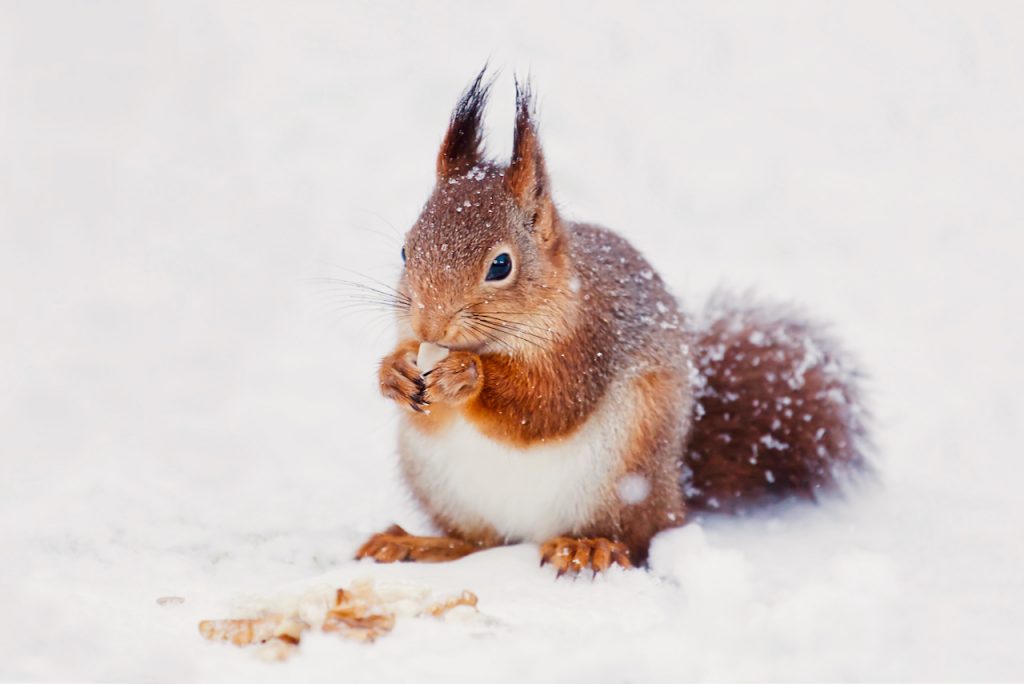
As mentioned in my earlier post, I’ve started building the research database for my non-fiction book.
I had looked around on the world wide web earlier and found several good articles on how to do that, all more or less complicated. I’m a gal of simple tastes, so I was looking for something not too complicated or relying too much on technology. I wanted a simple solution, sustainable in the long run. I’m planning on writing more books.
Cal Newport had a great article on building a research database, and I followed that process and kept it simple with an Excel file. Newport’s article focuses on writing an academic paper, but I found it useful for a non-fiction book too.
There are more advanced ways, but I feel an Excel file meets my needs. I don’t want to over-complicate things. Apps come and go; Excel remains. Simplicity is the essence of happiness, as Cedric Bledsoe said.
The only thing that I’ve added is an extra column for Comments. Everyone with whom I worked on a project at Microsoft would recognize it. No project plan of mine would ever miss this column, ha, ha! I simply find it so useful for recording bits of information that you may need, for instance, a link to a relevant site. Once a process improver, always the process improver, I guess.
Here’s the file if you’re interested. Feel free to download it, and let me know if you have any feedback or questions.
Related Posts
- How to Write a Book
- How to Do Research for a Non-Fiction Book
- Progress Report. Or Lack Thereof
- The Perpetual Tide and Ebb of the Creative Process
- How To Handle Creative Blocks & Avoid Distraction
If you liked this post, share it on your preferred social network or forward it to a friend.









